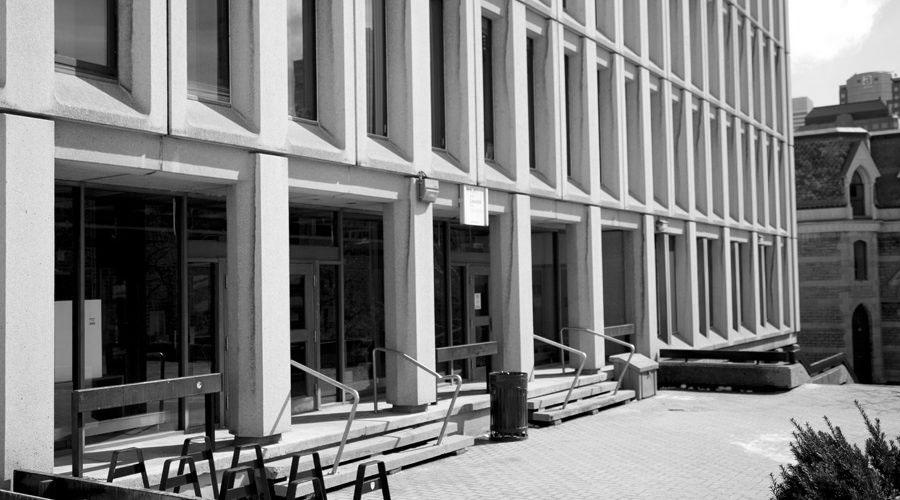STUDENTS’ SOCIETY OF MCGILL UNIVERSITY (SSMU)
What it does:
SSMU represents all undergraduate student interests and rights in the McGill Senate. SSMU consists of four bodies—General Assembly and Referenda, Board of Directors, Legislative Council, and Executive Council—and is led by seven elected executives, including the president, vice-president (VP), VP internal, VP external, VP student life, VP finance, and VP university affairs. SSMU, specifically the student life portfolio, also plays a large role in student life by organizing events like Activities Night and by running the undergraduate student bar Gerts.
Recent Events:
Over the last year, SSMU has focussed its efforts on helping students navigate the COVID-19 pandemic and advocating for student health and safety on campus. On Sept. 1, the Society staged a protest, and over the summer it wrote an open letter, and published a report on the impact of COVID-19 on McGill students. In addition, SSMU has involved itself in social justice movements that extend beyond the Roddick gates, for example, by standing in support and solidarity with survivors of residential schools in Canada in light of the discovery of thousands of unmarked graves of Indigenous children on the grounds of these schools.
POST GRADUATE STUDENTS’ SOCIETY (PGSS)
What it does:
PGSS is responsible for representing all graduate and postdoctoral students at McGill. Its monthly Council meetings address its policies and committees, and monitor executives’ actions and projects. There are five primary executives elected by McGill postgraduate students, and four PGSS members sit on the McGill Senate. The executives organize regular social and professional events for postgraduates at Thompson House, the PGSS’ headquarters.
Recent Events:
PGSS has also been campaigning for wage increases for doctoral researchers in McGill’s Faculty of Science and Faculty of Medicine and Health Sciences, as wages have remained stagnant for over a decade while living expenses and tuition fees have increased.
BOARD OF GOVERNORS (BoG)
What it does:
The BoG is responsible for making all final decisions regarding the university’s financial, academic, and business matters. The BoG has 25 members who vote on policies and two non-voting student representatives, one from SSMU and another from PGSS. Notable members of the BoG include McGill’s Chancellor John McCall MacBain and Principal and Vice-Chancellor Suzanne Fortier. 12 members of the BoG are appointed by other members, while the rest are elected or appointed by different campus organizations such as SSMU, PGSS, and the McGill Alumni Association. Students may only attend the community sessions of BoG meetings.
Recent Events:
In May 2021, Ehab Lotayef resigned from the BoG due to the Board’s refusal to consider a motion for the display of an equity statement on campus. In May 2021, the BoG approved a revised version of McGill’s Policy on Harassment and Discrimination.
MCGILL SENATE
What it does:
The McGill Senate is responsible for overseeing all academic matters at the university, including the courses offered and their curricula. 52 of the 111-member body are elected student senators. The remaining seats are filled by representatives from all other constituencies at the university—like SSMU, PGSS, and BoG—as well as McGill’s chancellor, provost, principal, and the chair of the BoG. Meetings are held once a month and are open to the public, unless they deem a topic confidential.
Recent Events:
At the final Senate meeting of the 2020/2021 academic year, the Senate approved the Fall 2021 calendar of key academic dates, including the implementation of a Fall reading week. In February 2021, the Senate presented a report on the university’s Policy Against Sexual Violence and its efforts to educate students about sexual violence.









